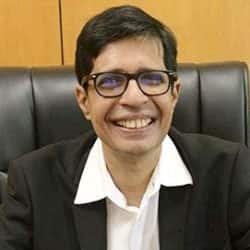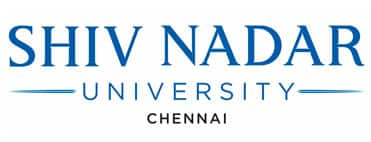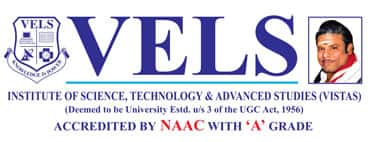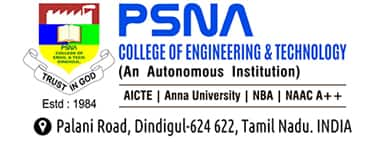

+1, +2
மாணவர்களே !
உயர்கல்வி குறித்த
உங்களின்
அனைத்து
சந்தேகங்களுக்கும்
உடனடி தீர்வு
Register for FREE
Get your guidance on higher studies
We promise your details are secure with us.
COIMBATORE
23rd - 25th March'24 Codissia Grounds, Avinashi Road
CHENNAI
23rd - 25th March'24 Kalaivanar Arangam, Wallajah Road, Chepauk
MADURAI
23rd & 24th March'24 Convention Center Thamukam
PUDUCHERRY
29th - 31st March'24 Jayaram Kalyana Mandapam, Sithankudi
TIRUPUR
30th & 31st March'24 Vidhya Karthick Kalyana Mandapam, Near Govt. Hospital, Dharapuram Road
DINDIGUL
30th & 31st March'24 P.V.K. Mahal, Thadicombu Road
SALEM
30th - 31st March'24 Ponnusamy Gownder Thirumana mandapam A/C, Opp New busstand
TRICHY
30th - 31st March'24 Srimathi Indira Gandhi College, Chathiram busstand
VELLORE
30th & 31st March'24 Nethaji Stadium
HOSUR
6th - 7th April'24 Hotel Hills,
Chief Guest 

பேராசிரியர் காமகோடி இயக்குனர், ஐ.ஐ.டி., சென்னை
அனைவருக்கும் ஐ.ஐ.டி.

டாக்டர் V.டில்லிபாபு
இராணுவ விஞ்ஞானி
இந்திய பாதுகாப்புத்துறை
நீங்களும் விஞ்ஞானி ஆகலாம்

ராஜராஜன், இயக்குனர், SDSC SHAR ISRO
ஸ்பேஸ் சயின்ஸ்

சார்லஸ் காட்வின் HR Leader- Zoho
வேலை வாய்ப்பு திறன்கள்

குமார் வேம்பு Founder, GoFrugal
வருங்காலத்தை ஆளப்போகும்
தொழில்நுட்பங்கள்

நெடுஞ்செழியன் கல்வி ஆலோசகர்
நீட், ஜே.இ.இ., தேர்வுகளில் சாதிக்க 'டிப்ஸ்'
- எதிர்காலத்தை ஆளப்போகும் துறைகள்
- உடனடி வேலை வழங்கும் படிப்புகள்
- நீட், ஜே.இ.இ தேர்வுகளில் சாதிக்க டிப்ஸ்
- 100+ கல்லூரி, பல்கலைக்கழகங்களின் அரங்குகள்
- 20+ பிரபல நிபுணர்கள், கல்வியாளர்களின் நேரடி விளக்கம்
- உயர் கல்வி குறித்த உங்களின் அனைத்து சந்தேகங்களுக்கும் உடனடி தீர்வு
Powered by


Associate Sponsor














